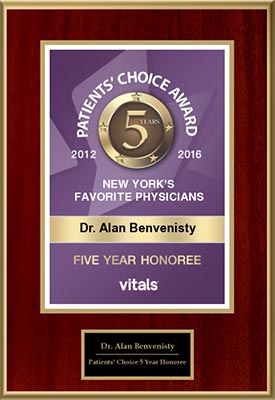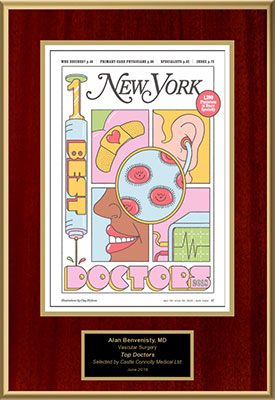What You Should Know About Kidney Dialysis

Kidney dialysis is a medical procedure that helps people with kidney failure filter waste and extra fluids from their bodies. The process uses a machine to remove blood from the body, filter it through a special membrane, and then return the clean blood back to the body. Dialysis can be done in a hospital or at home, and it can be done on a regular basis to help people manage their kidney disease symptoms. It is a life-saving treatment for people with end-stage kidney disease who are waiting for a kidney transplant.
Who Needs Kidney Dialysis?
There are a variety of conditions that can cause kidney failure, including diabetes, high blood pressure, and certain infections. When the kidneys are not functioning properly, they are unable to filter waste products from the blood, which can lead to a buildup of toxins in the body. Dialysis is used to help remove these toxins from the blood and prevent further damage to the body. While kidney dialysis can be a life-saving treatment for some people, not everyone with kidney failure requires it. The decision to undergo dialysis will depend on a variety of factors, including the individual’s overall health, the severity of their kidney failure, and their personal preferences.
10 Facts About Kidney Dialysis
If you or a loved one is facing kidney dialysis, you are not alone. It Is estimated that almost half a million dialysis patients are in the U.S. Kidney dialysis can be performed at hospitals or dialysis centers, as well as in-home options. Here are ten other facts about kidney dialysis.
- Kidney dialysis is a treatment for kidney failure that involves removing waste and excess fluids from the blood.
- There are two main types of kidney dialysis: hemodialysis and peritoneal dialysis.
- Hemodialysis involves using a machine to filter the blood outside of the body, while peritoneal dialysis involves using the lining of the abdominal cavity to filter the blood.
- Hemodialysis is typically performed in a hospital or dialysis center, while peritoneal dialysis can be done at home.
- The frequency and duration of kidney dialysis treatments vary depending on the individual’s needs.
- Kidney dialysis can help improve quality of life and prolong survival in people with kidney failure.
- Kidney dialysis is not a cure for kidney failure and does not restore full kidney function.
- In some cases, a kidney transplant may be a better option than long-term dialysis.
- Kidney dialysis can have side effects, including low blood pressure, nausea, and muscle cramps.
- It is important for people on kidney dialysis to follow a strict diet and medication regimen to manage their condition effectively.
If you have kidney failure and need dialysis, contact the office of Dr. Benvenisty. Call our clinic in NYC to schedule a kidney dialysis consultation with one of the top vascular surgeons in the country.
Posted on behalf of
440 West 114th St, Second Floor
New York, NY 10025
Phone: (212) 523-4706
Monday & Friday 9:00 AM – 5:00 PM







